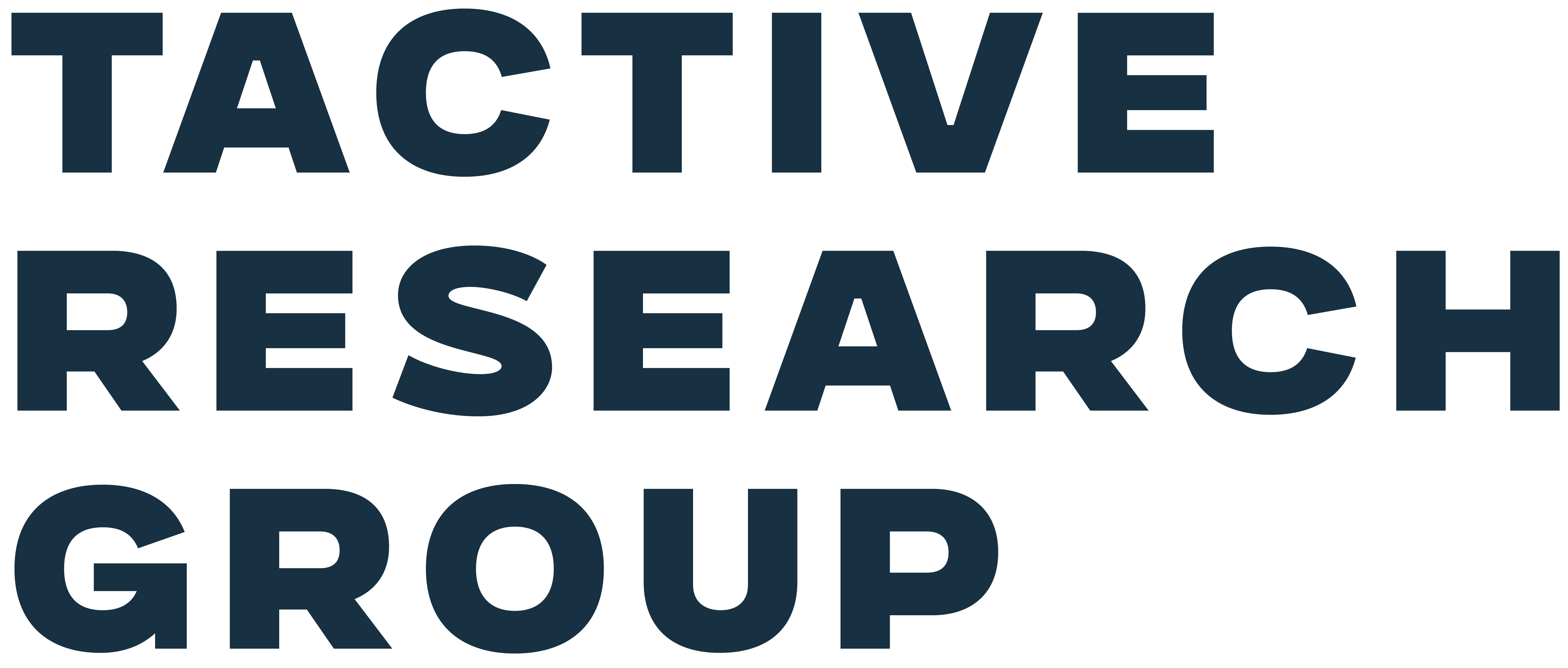Developers face the challenge of creating custom connections for every new tool, API, and data source that must be connected to their AI models. The Model Context Protocol (MCP), developed by Anthropic, solves this problem by providing a standard communication method for AI models to interact with data sources. MCP helps AI developers reduce development overhead and safeguard future AI investments by supporting seamless integration across the enterprise tech stack.
MCP Overview
MCP consists of clients and servers, leading to a client-server architecture as shown in Figure 1. MCP clients are embedded in an AI application, also known as the MCP host (for example, Claude Desktop and VS Code GitHub Copilot). These clients discover and make requests to the MCP servers. The MCP servers expose the data sources to the clients, execute any requests, and return data.
 Figure …
Figure …

